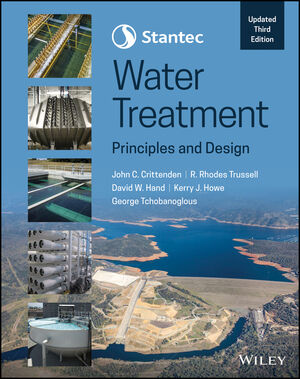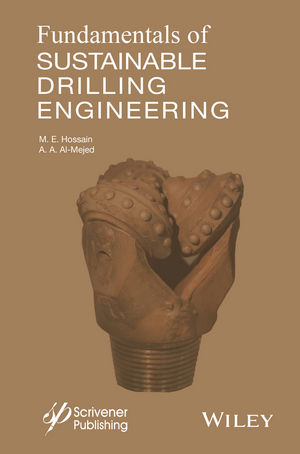Now you can receive instant, customized updates about water
conditions by subscribing to WaterAlert, a new service from the U.S. Geological
Survey. Whether you are watching for floods, interested in recreational
activities or concerned about the quality of water in your well, WaterAlert
allows you to receive daily or hourly updates about current conditions in
rivers, lakes and ground water when they match conditions of concern to you.
"Real-time water data are essential to those making
daily decisions about water-related activities, whether for resource
management, business operations, flood response or recreation," says Matt
Larsen, USGS Associate Director for Water.
WaterAlert allows users to receive updates about river
flows, ground water levels, water temperatures, rainfall and water quality at
any of more than 9,500 sites where USGS collects real-time water information – information
crucial for managing water resources.
WaterAlert users start athttp://water.usgs.gov/wateralertand select a specific
site. Users then select the preferred delivery method (email or text), whether
they want hourly or daily notifications, which data parameter they are
interested in, and the threshold for those parameters. Users can set the system
to alert them when conditions are above a value, below a value, and between or
outside of a range.
For example, emergency managers may be interested in setting
up alerts when thresholds are exceeded, such as in the case of a flood.
Water-supply managers could set an alert for times when ground water well
levels are low enough to require shutdown of supply pumps.
Recreational
rafters may find it useful to set a threshold that lets them know when the
water levels are high enough to pass over rocks but not so high as to be
unsafe. There is no limit to the number of subscriptions per user at a single
site or multiple sites.
The USGS operates a real-time water information network,
involving 9,081 continuous and partial record streamgages, as well as 369 lake,
1,278 well and 3,632 precipitation gages throughout the United States. USGS Water Science
Centers in each state can provide more detailed information on water conditions
and USGS response to local events.
Instant Information about Water Conditions
Looking for a reprint of this article?
From high-res PDFs to custom plaques, order your copy today!





